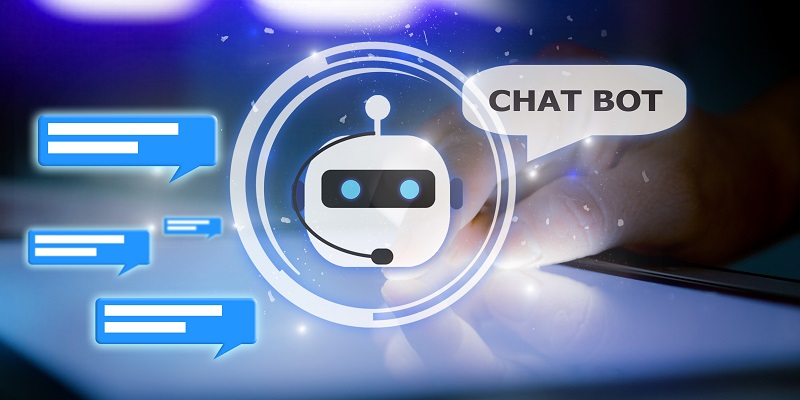Over the past few years, generative AI has become synonymous with endless possibilities and transformative outcomes. This type of AI uses deep learning to identify patterns in a given dataset and then uses that dataset to create new data instead of simply recycling the old. For business leaders, this innovation offers an immediate opportunity to reinvent their customer experience (CX) strategies. With the rise of generative AI, it’s time to consider how it can be used to deliver a new level of personalized CX.
Explanation of Generative AI
Generative AI is a technology that enables machines to generate data similar to the data that humans create. It is an artificial intelligence approach where the machine is trained on a large dataset and learns to generate new data or content. In contrast to other AI technologies, where the machine follows a predefined set of instructions to perform a certain task, generative AI has the ability to create something new on its own, like music, text, images, and other types of data. This technology has applications in several fields, including art, education, entertainment, and even medicine.
Generative AI stands out from other machine learning models because of its advanced abilities. Traditional AI models are great at identifying and classifying data for decision-making. However, generative AI takes things further by creating entirely new data based on previously analyzed information. This technology has the potential to completely change the way companies approach their customer experience (CX) and create new opportunities to connect with their customers.
Importance of CXOs Understanding the Use of Chatbots
For CXOs, understanding the use of ChatGPT is essential for creating lasting customer experiences. ChatGPT is a type of generative AI that has proven useful in creating personalized chatbots, virtual assistants, and other CX tools. By understanding how customers use these tools, CXOs can identify what works and what needs improvement. This information can then be used to enhance the overall customer experience and encourage long-term customer loyalty.
The rising expectation for personalized customer experiences
In today’s world, there is a growing expectation that companies will know the customer in a “personal” way instead of providing generic information. Personalization has become the new standard in customer experience, and companies that can’t deliver will lose out on customers. Fortunately, generative AI has the ability to create unique, personalized experiences for customers in a way that other technologies can’t.
How Generative AI Can Improve Basic Customer Experience (CX) Models
Basic CX models have been around for years, and they’re great at handling simple service issues and requests. However, generative AI can take these models to the next level by providing a more precise solution. By analyzing customer interactions, generative AI can tailor responses to meet the specific needs of individual customers. This not only enhances the customer experience but also reduces the need for human intervention in these routine tasks.
Generative AI as a Tool to Make Human Jobs Easier and More Efficient
Many people believe that AI is a threat to human jobs. However, this is not the case with generative AI. Instead, generative AI is a tool designed to make human jobs easier and more efficient. By automating repetitive and time-consuming tasks, employees can focus on higher-level tasks that require creativity and critical thinking.
The Importance of Blending Human Aspects with Tech Capabilities for Customer Experience (CX)
While AI and other technological advancements have revolutionized CX, it is essential to remember that human connection is still a crucial element of the customer experience. The human element of CX should blend with tech capabilities to offer the customer an efficient, personalized, and contextual experience.
The Need to Find a Balance Between AI and Human Connection for Truly Excellent CX.
Ultimately, a truly excellent customer experience will result from creating a fruitful balance between AI and human connection. Automation should be used to enhance the customer experience, not replace it. Brands that can successfully balance these two elements will stand out from the competition and create a loyal customer base in the process.
Benefits for customers include more personalized experiences and increased loyalty
Thanks to generative AI, customers will have a wealth of personalized journeys to choose from that fit their persona and preferences, which will lead to more personalized experiences. They will enjoy better service, more effective problem resolution, and more efficient brand experiences that drive loyalty. By meeting customers’ needs and creating unique experiences, companies can create lifelong brand advocates.
The customer experience revolution is upon us, and customer-centric businesses like call centers must embrace this change. With new technologies like generative AI, companies can create personalized experiences that meet their customers’ needs and exceed their expectations. By finding the right balance between AI and human connection, businesses can create an unbeatable customer experience, driving loyalty and revenue in the process.

